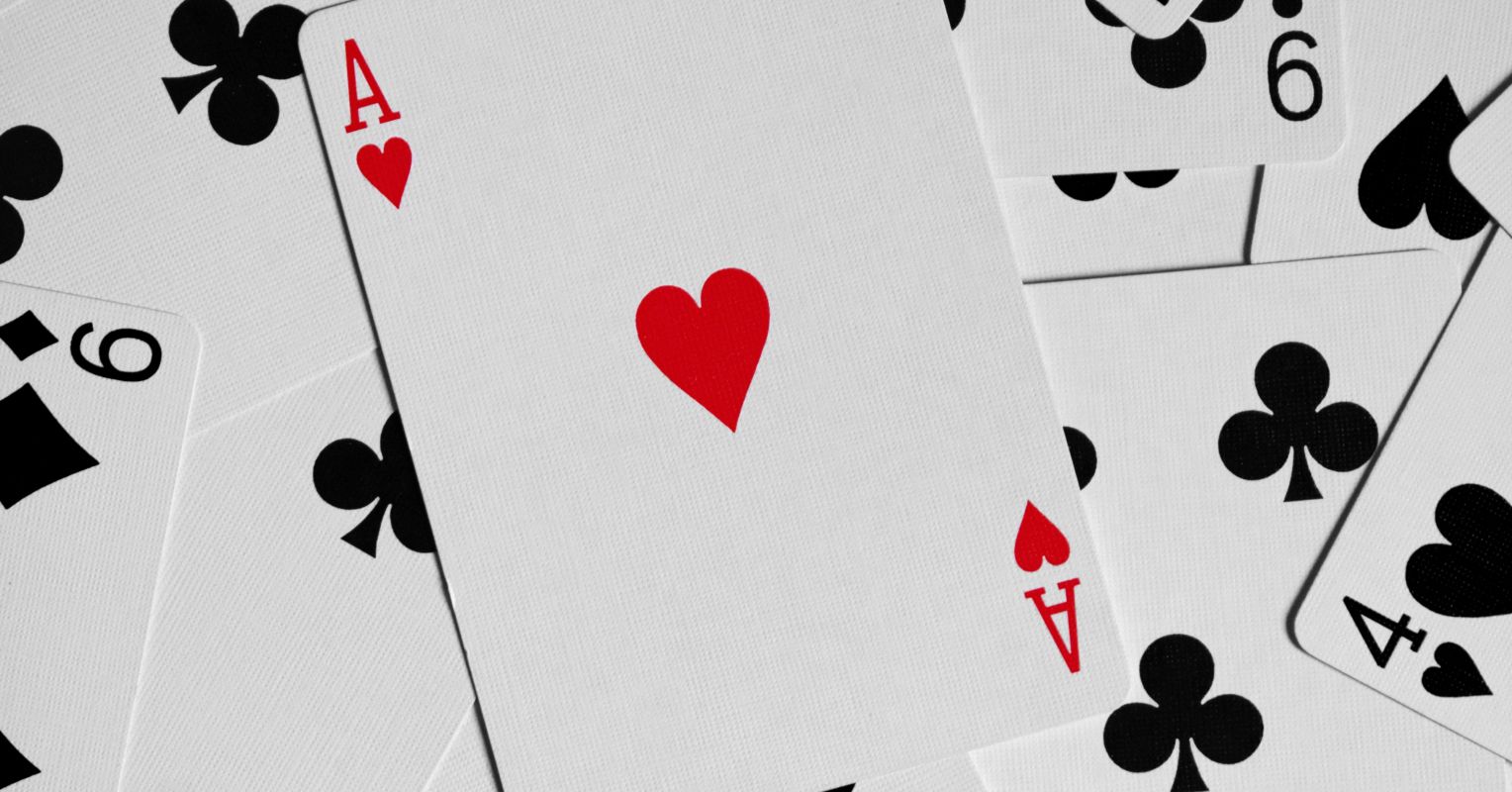
"Games like poker exemplify the balance of luck and skill, which teaches important life lessons about decision-making amidst uncertainty and incomplete information."
"The quality of our decisions cannot be judged by their outcomes alone, as they hinge significantly on the varying degrees of luck involved in diverse scenarios."
Games significantly contribute to our understanding of life, highlighting the balance between luck and skill in various situations. Different games possess varying levels of luck involvement; for instance, games like chess involve less luck due to visible pieces and reduced hidden information. However, even games with skill components, such as poker, are influenced by luck. This variability underscores that outcomes should not solely determine decision quality, as luck and available information heavily influence results.
Read at Psychology Today
Unable to calculate read time
Collection
[
|
...
]